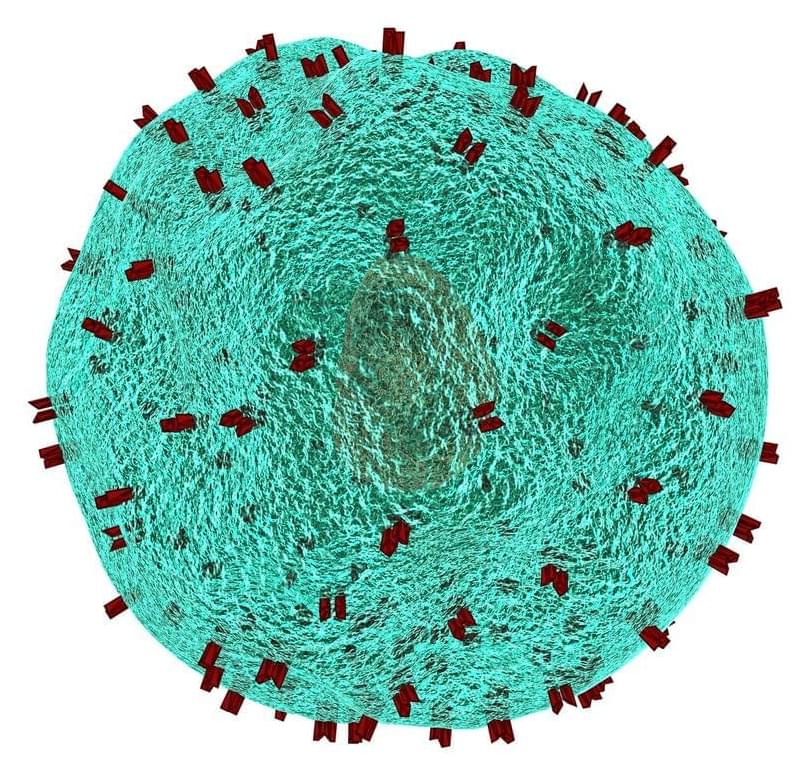Researchers at the National Institutes of Health have developed a way to potentially increase the effectiveness of T cell–based immunotherapy treatments, such as CAR T-cell therapy, against solid tumors. T cells are specialized white blood cells of the immune system that eliminate infected or abnormal cells. In animal studies, the enhanced T-cell therapies were effective against cervical cancer and neuroblastoma, a common solid tumor in children. The findings, by scientists at the National Cancer Institute (NCI), part of NIH, appear in Clinical Cancer Research.
CAR T-cell therapy is a form of cellular immunotherapy that involves engineering T cells in the laboratory so they can specifically target and kill tumors. CAR T-cell therapy has been successful in treating blood cancers, but it hasn’t worked well for solid tumors. To improve the effectiveness of T-cell therapy against solid tumors, researchers at NCI’s Center for Cancer Research engineered T cells (CAR T cells and another form of cellular immunotherapy called TCR T cells) to carry cytokines, which are proteins that can boost T-cell function.
In laboratory studies, CAR and TCR T cells modified to express the cytokines IL-15 and IL-21 on their surface killed far more cancer cells than T cells carrying just one of these cytokines or neither of them. Previous research has found that treating patients with large amounts of cytokines caused severe, potentially fatal, side effects. The new approach aims to deliver this cytokine boost in a much more targeted way.
